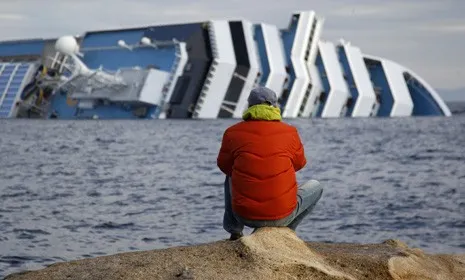
The Costa Concordia Disaster: How Badly Will It Hurt the Cruise Industry?
The Costa Concordia disaster, which occurred on January 13, 2012, off the coast of Italy, shocked the world and raised serious questions about cruise ship safety. The massive vessel struck a rock formation near the island of Giglio and partially sank, resulting in the deaths of 32 people and sparking a chaotic evacuation. Images of the ship lying on its side became symbolic of a tragic failure in both navigation and emergency response.
The incident has undoubtedly shaken public confidence in the cruise industry. Cruise ships are often marketed as safe, luxurious, and relaxing vacations, but the Costa Concordia tragedy revealed vulnerabilities that many passengers had never considered. The fact that such a large, technologically advanced vessel could run aground so close to shore and with such devastating consequences has forced travelers to reevaluate the perceived safety of cruising.
In the short term, the industry faced a wave of cancellations and negative publicity. Booking numbers for Costa Cruises, the ship’s operator, dropped significantly, and shares of its parent company, Carnival Corporation, also fell in the aftermath. Other cruise lines reported a dip in interest as well, particularly among first-time cruisers who were most sensitive to safety concerns.
However, the cruise industry is resilient. Historically, it has bounced back from crises, including norovirus outbreaks, economic downturns, and piracy scares. Companies have been quick to respond to the Costa Concordia disaster with promises of improved safety measures, better training for crews, and stricter adherence to international maritime regulations. Some lines even began offering behind-the-scenes tours of safety procedures to reassure skeptical customers.
Over time, public memory tends to fade, especially if no similar incidents occur. As new ships launch with improved technology and enhanced safety features, the industry may be able to restore its reputation. Travel deals and incentives could also help entice wary passengers back aboard. Still, the disaster remains a cautionary tale and a stain on the industry’s record that will not disappear overnight.
One potential long-term effect is the increase in regulation. Governments and maritime authorities worldwide may impose stricter rules on cruise lines, including more rigorous inspections, changes to emergency protocols, and requirements for better training. While this could drive up operating costs, it may also be essential to rebuild public trust and prevent future tragedies.
Ultimately, the Costa Concordia disaster was a wake-up call. Though it may hurt the cruise industry in the short term, it also presents an opportunity for reform and improvement. If the industry can learn from its mistakes and prioritize safety with the same enthusiasm it applies to entertainment and luxury, it may emerge even stronger in the years to come.






